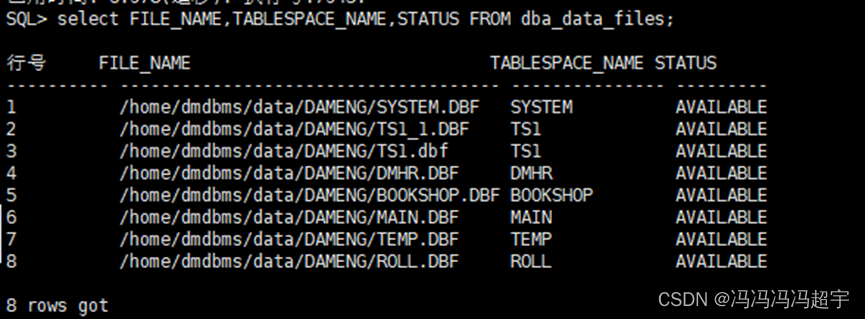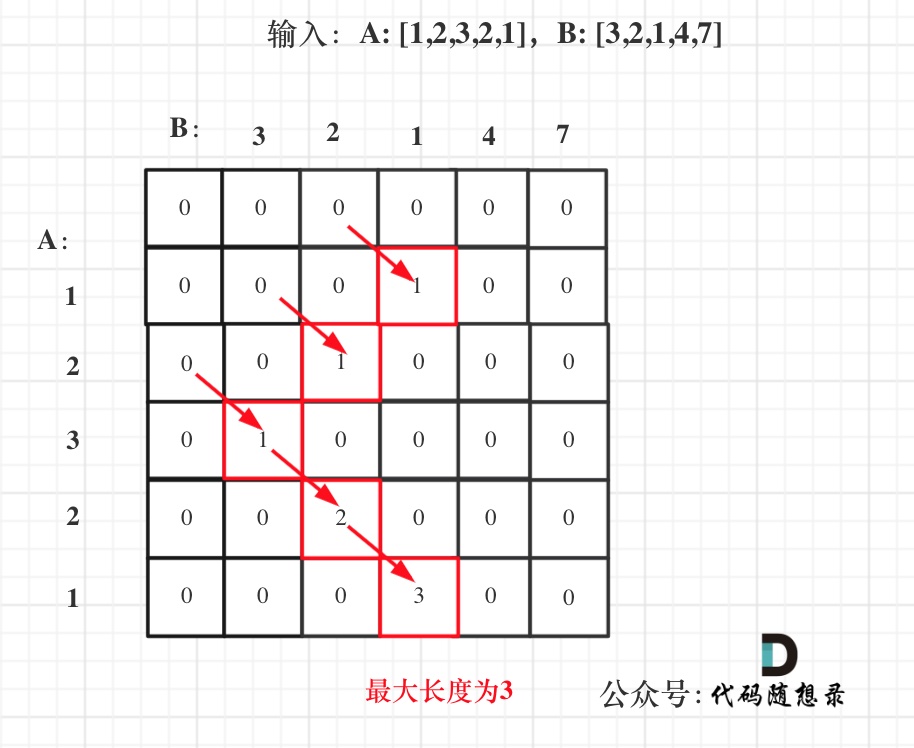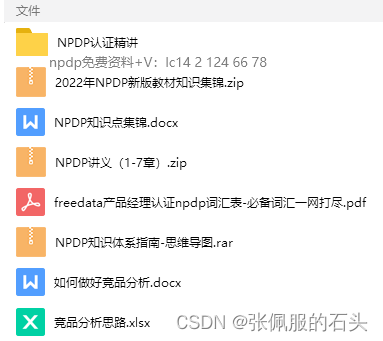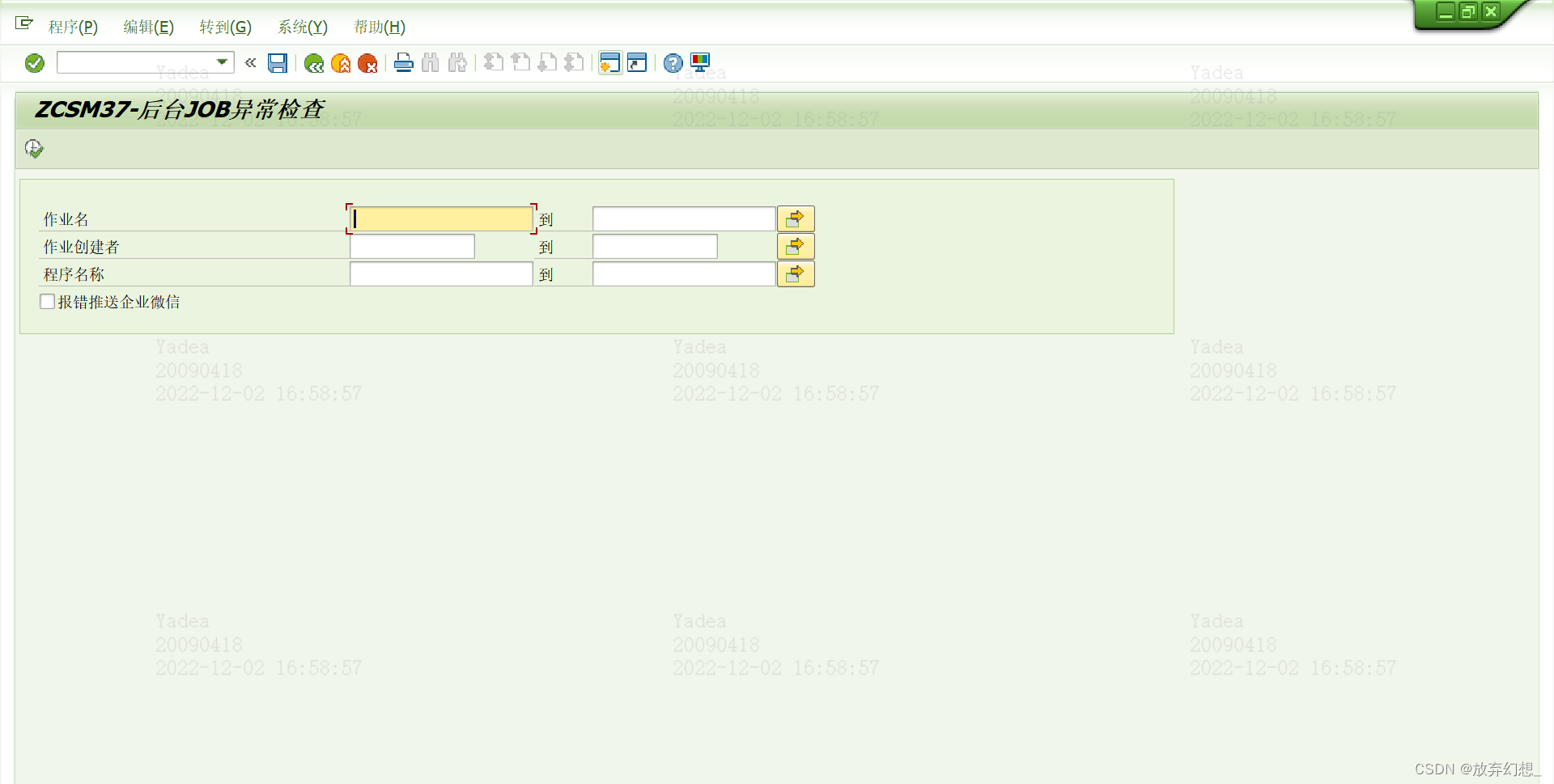分页允许您将来自Spring MVC的大型RESTful API响应拆分为称为页面的较小块。在这篇文章中,让我们看看如何使用Spring MVC和Spring JPA对来自Spring boot应用程序的JSON响应进行分页。
Spring MVC 中的分页和排序
如前所述,我们可以使用spring 数据 JPA 实现分页和排序。Spring MVC通过直接从Web层注入可分页对象将其提升到一个新的水平。
Spring MVC 允许您传递以下可选查询参数,以在请求范围内构建可分页对象。我们可以在 JPA 存储库方法中进一步使用这些可分页对象。因此,让我们看看如何实现它们。
为 Web 和 JPA 添加依赖关系
在本例中,我们使用 SpringData JPA 和 SpringWeb 组件作为依赖项。
<dependency> <groupId>org.springframework.boot</groupId> <artifactId>spring-boot-starter-data-jpa</artifactId> </dependency> <dependency> <groupId>org.springframework.boot</groupId> <artifactId>spring-boot-starter-web</artifactId> </dependency>
Code language: HTML, XML (xml)
编写可分页的 JPA 存储库方法
接下来,我们需要编写一个以页面形式返回数据库记录的存储库。我们已经在上一篇文章中详细介绍了如何编写和使用它们。在我们的例子中,我们使用的是Account类。
@Entity public class Account { @Id @GeneratedValue(strategy = GenerationType.IDENTITY) Integer id; String accountNumber; String fullName; @JsonBackReference @ManyToOne Branch branch; BigDecimal balance; // getters and setters }
Code language: JavaScript (javascript)
public interface AccountRepository extends JpaRepository<Account, Integer> { @Query("select a from Account a") Page<Account> findAllAccounts(Pageable pageable); }
Code language: PHP (php)
We will use this JPA pagination implementation in our service to pass the pageable from the Spring MVC controller.
Write a Spring MVC controller with Pageable parameter
Next, we can write an AccountService and AccountController that uses the AccountRepository interface.
@Service public class AccountService { private final AccountRepository accountRepository; public AccountService(AccountRepository accountRepository) { this.accountRepository = accountRepository; } public Page<Account> getAccounts(Pageable pageable) { return accountRepository.findAllAccounts(pageable); } }
Code language: PHP (php)
Now the spring MVC controller class with pagination.
@RestController public class AccountController { private final AccountService accountService; public AccountController(AccountService accountService) { this.accountService = accountService; } @GetMapping("/accounts") Page<Account> getAccounts(Pageable pageable) { return accountService.getAccounts(pageable); } }
Code language: PHP (php)
如您所见,响应本身是一个Page对象。让我们运行应用程序,看看这个实现是如何工作的。
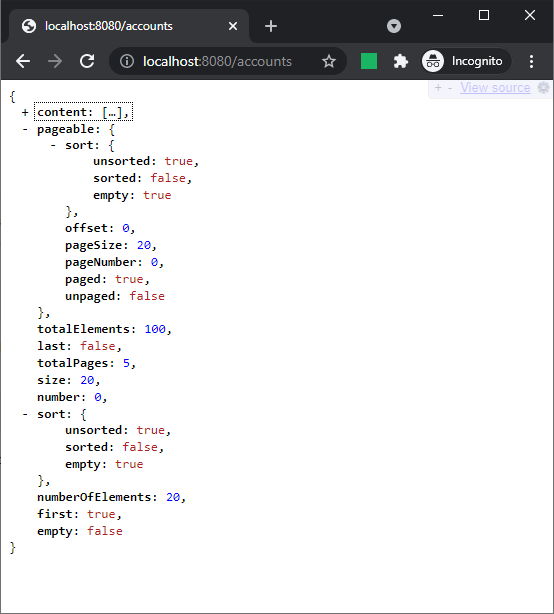
如此处所示,响应包含一个内容字段,其中包含 20 条客户记录。它还带有当前与页面相关的元数据。从这里,客户端可以在前端显示总元素、页数、当前页面等。
但请记住,我们没有添加任何查询参数。但是,Spring MVC 仍然使用分页,因为默认情况下,spring 将页面大小设置为 20,而不进行任何排序。
春季 MVC 分页参数
您可以传递以下参数来覆盖页面行为。
- page– 表示要请求的页码(从 0 开始,默认为 0)
- size– 结果中要返回的元素数(默认为 20)
- sort– 表示要排序的字段的字符串列表。(包括排序方向ASC,DESC)
因此,让我们检查一下这些参数的实际效果。要查看特定页面,您可以执行以下操作。
http://localhost:8080/accounts?page=2
Code language: JavaScript (javascript)
如果要指定页面上的元素数,则可以传递size参数
http://localhost:8080/accounts?page=2&size=15
Code language: JavaScript (javascript)
如果您决定按字段对对象进行排序,则还可以传递具有可选排序方向的排序参数。
http://localhost:8080/accounts?page=2&size=15&sort=balance,DESC
Code language: JavaScript (javascript)
您甚至可以使用多个排序参数对两个字段进行排序。
http://localhost:8080/accounts?page=2&size=15&sort=balance,DESC&sort=id,ASC
Code language: JavaScript (javascript)
用于分页和排序的春季 MVC 配置
Spring MVC提供了某些配置选项来调整分页的行为。以下是您需要了解的重要内容。
如果您的 API 已有页面或大小参数,则可以更改参数名称,如下所示。
spring.data.web.pageable.page-parameter=chunk spring.data.web.pageable.size-parameter=limit
您还可以通过向可分页参数添加前缀来更改参数名称。
spring.data.web.pageable.prefix=page
这样,请求应该是类似/accounts?page_chunk=1&page_limit=30。
如果您希望页面从 1 而不是 0 开始,那么您可以使用以下配置。
spring.data.web.pageable.one-indexed-parameters=true
Code language: JavaScript (javascript)
此外,默认情况下,size参数的值最多可以为 2000。默认页面大小为 20。根据您的要求,如果要增加或减少它,则应使用以下配置。
spring.data.web.pageable.default-page-size=30 spring.data.web.pageable.max-page-size=500
Code language: PHP (php)
总结
总而言之,我们学习了如何使用Spring MVC和Spring Data JPA在RESTful Web服务中实现分页。您可以在我们的GitHub 存储库中找到上述示例。
相关
- 春季 JPA 中的分页和排序
- 带有 Spring 引导的 RESTful JPA 存储库
- 带有示例的 Spring 引导文件上传
- 春季数据JPA简介
- Spring 安全性中的自定义登录表单
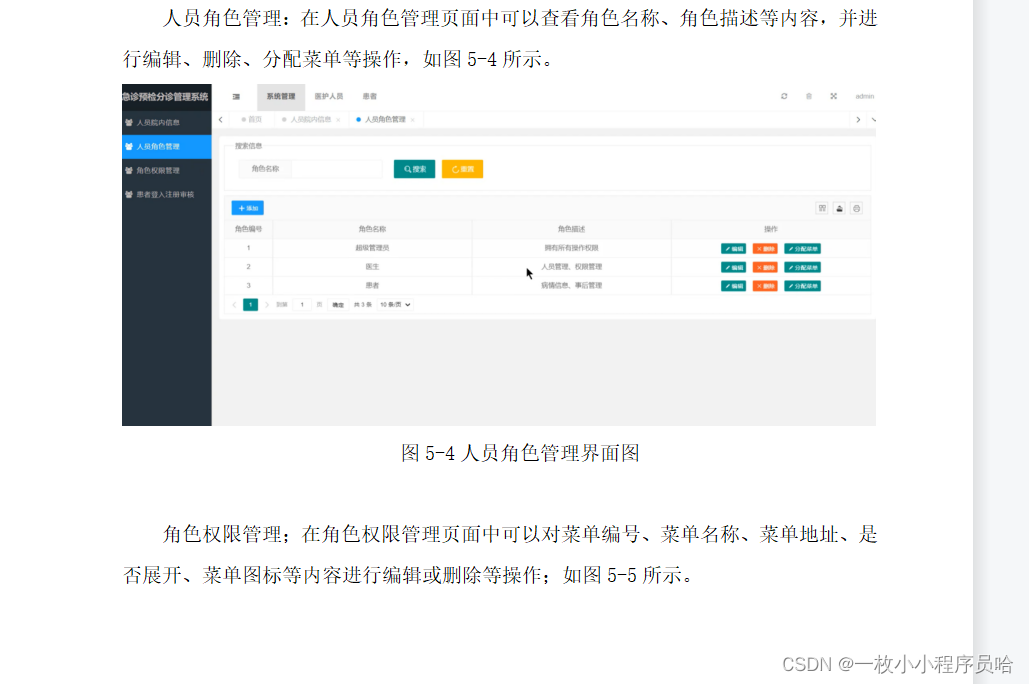
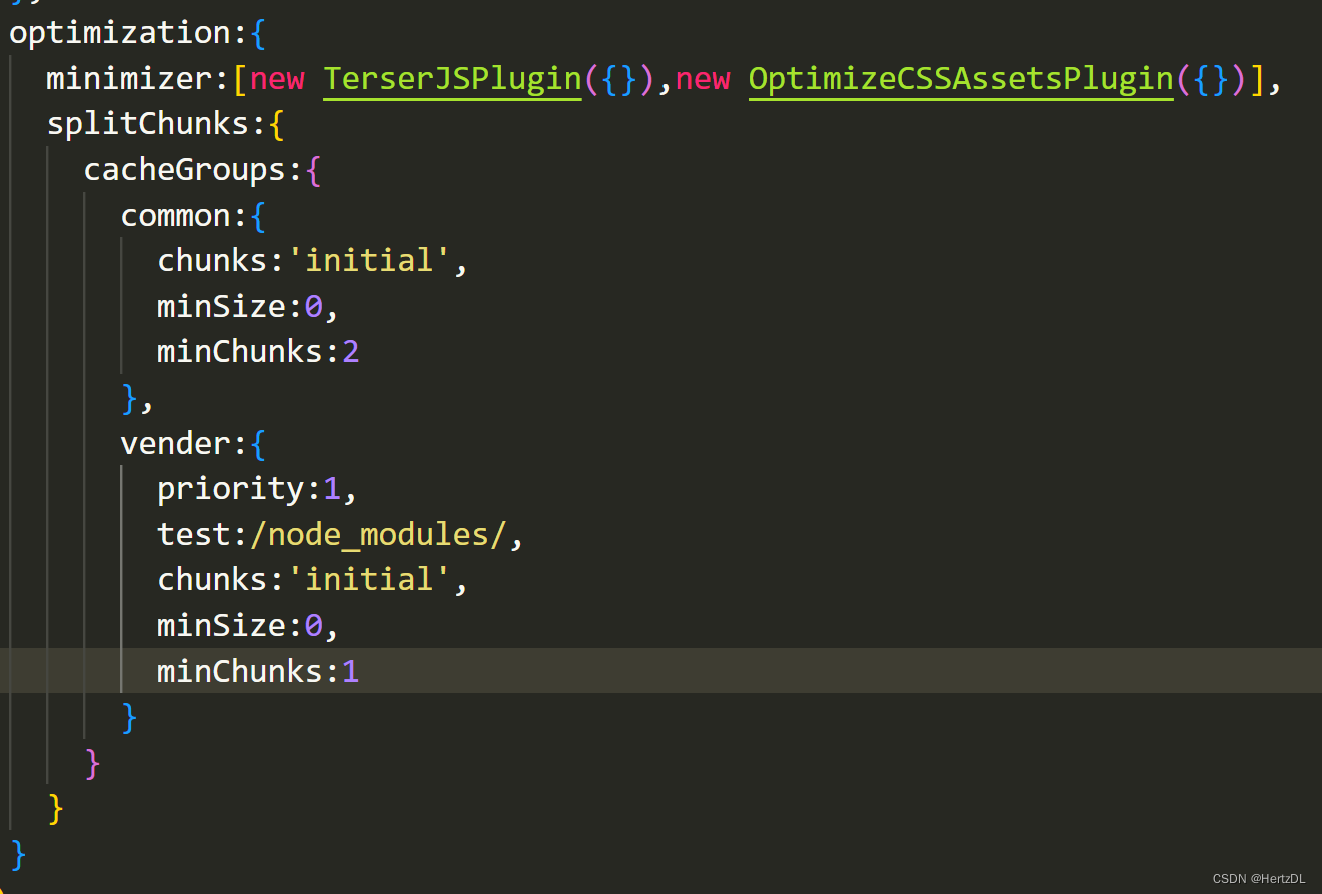
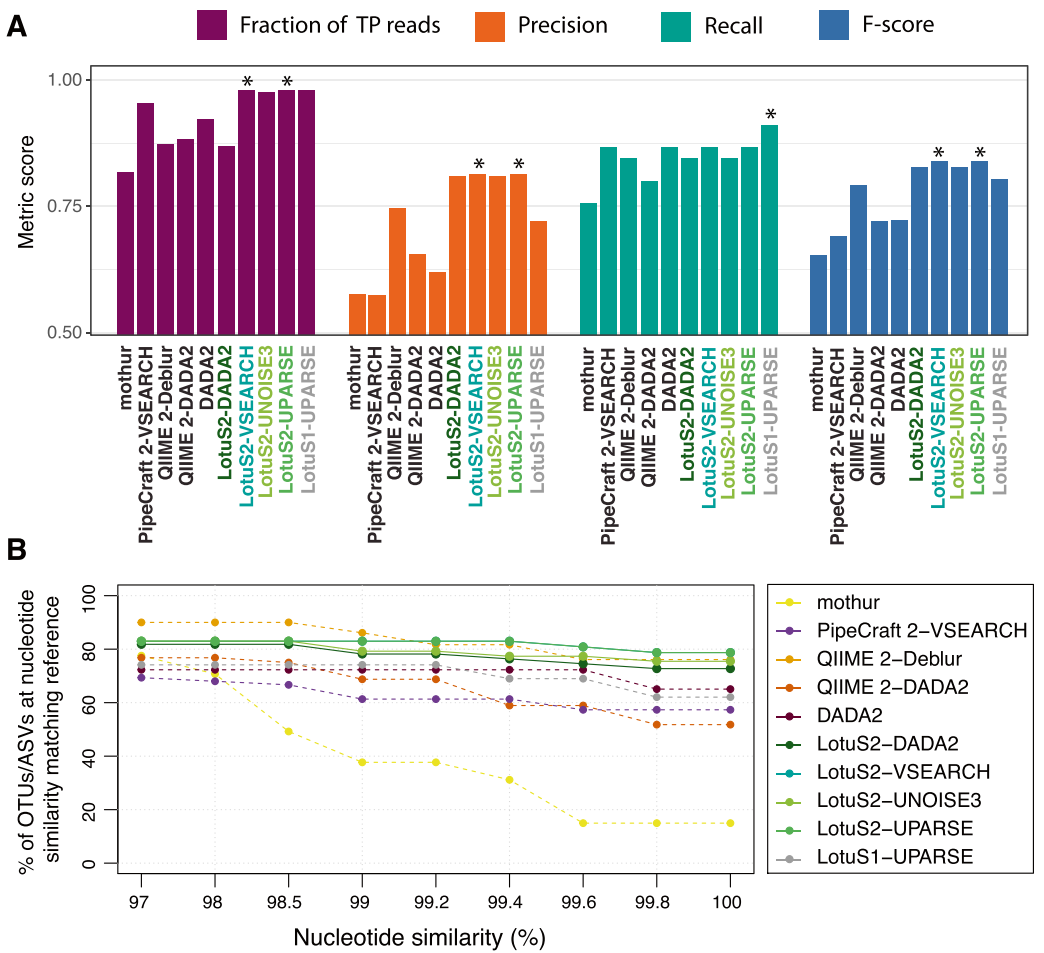
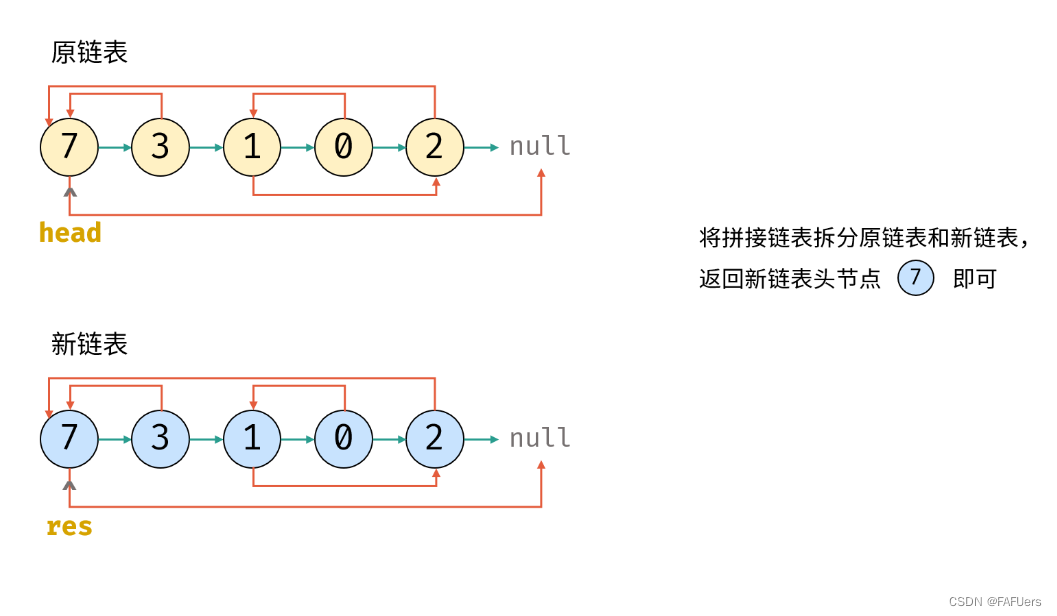



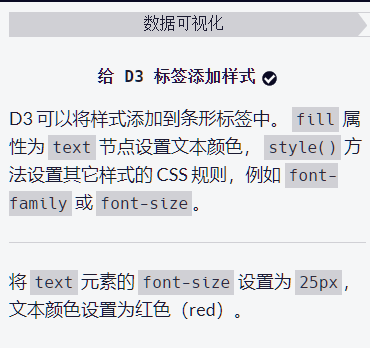

![[操作系统笔记]连续分配管理方式](https://img-blog.csdnimg.cn/9bbadbfc7ebf438ca0f67a30fb3e69ff.png#pic_center)


